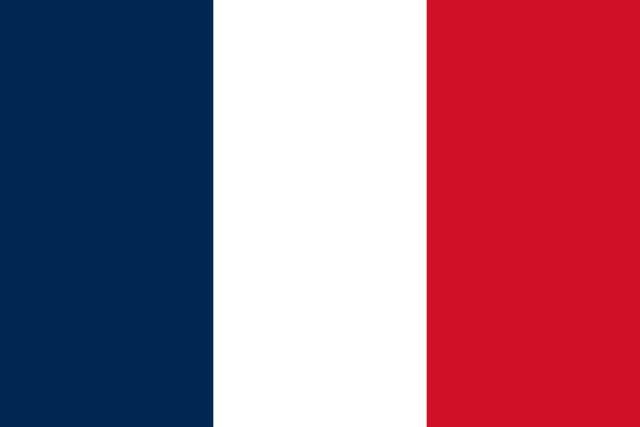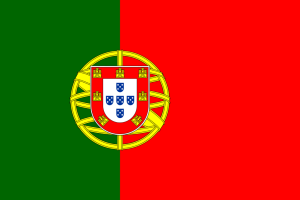Debt counseling in France has traditionally been carried out by social workers (set up by the State – e.g. communal social action centres – or by companies for their employees) and NGOs (Cresus, Association nationale de défenses des consommateurs et usagers (CLCV), Union Nationale des Associations Familiales (UNAF), Points d’Information Médiation Multiservices (PIMMS).
In 2013, the State required banking and financial organisations to offer their customers whom they have detected as being in a situation of financial fragility appropriate internal responses. In this context, these organisations can provide the customer with information on a third party that can help him or her, or even, with the customer’s agreement, put him or her in touch with this third party.
In addition to social workers, many professionals are involved in debt counseling, particularly in the context of legal disputes, especially lawyers.
Since 2019, the French State has set up a “Budget Advice Point” (PCB) label which certifies NGOs with the following objectives:
- set up a single contact point on a given territory: neutral, well identified and free of charge to help households with their financial difficulties,
- touch a public which is not poor and don’t have access to the social worker (fragile middle class).
These structures reach citizens without any means to help them manage their budgets on a daily basis, help them access their social rights and refer them to the appropriate procedures to find a solution to their debt problems (For example the insolvency procedure before the Banque de France).
These reception points reach people in person and free of charge and are partly subsidised by the State.
The interactive map of the PCBs is available here.
From 2023 onwards, certain social landlords and/or energy suppliers will be able to pass on the files of their customers in difficulty to PCBs labelled “Aide budget” to help them find solutions to their debt problems as soon as possible.


